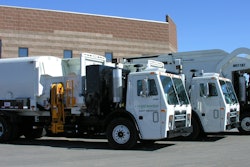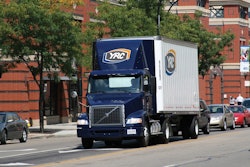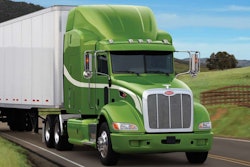The nation’s oldest national agricultural organization, the National Grange, on Monday, July 25, called on Congress to pass the Motor Vehicle Owners’ Right to Repair Act in order to protect individual vehicle ownership rights, particularly for residents of farming and rural communities.
“On behalf of over 200,000 members of the National Grange, we fully support the Right to Repair Act because we believe in an owner’s right to maintain, service, repair and rebuild their vehicle or farming equipment on their own accord or by the repair shop of their choice,” says Nicole Palya Wood, legislative director for the National Grange. “Our members, most of them located in rural areas, value their ability and freedom to fix and repair their own vehicles, tractors and other farm equipment. Should they seek assistance elsewhere, local repair shops should have access to all necessary computer codes and service information in order to properly and efficiently make repairs.”
The Right to Repair Act (H.R. 1449) would require that car companies provide full access at a reasonable cost to all service information, tools, computer codes and safety-related bulletins needed to repair motor vehicles. The bill is intended to level the competitive playing field for motoring consumers and between new car dealerships and independent repair shops. The legislation further provides vehicle manufacturers with strong protections for their trade secrets, only requiring them to make available the same nonproprietary diagnostic and repair information they provide their franchised dealers.
“We believe that in the absence of the Right to Repair Act, many individuals, both rural and urban, would likely put off important vehicle repairs and maintenance, jeopardizing their safety and the safety of others on the road,” Wood says. “It is also important to note that our members often farm and ranch in remote locations where repair shops are just not available. Days waiting on parts from dealers can mean missing crop target pricing, costing our members in agriculture a great deal of revenue.”










